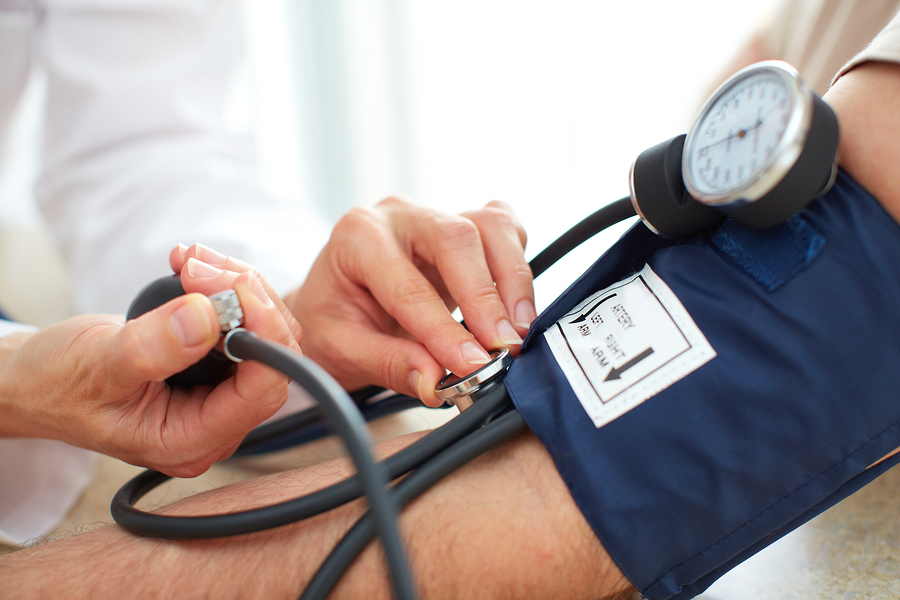Anemia is a disease that affects people of all ages. Anemia does not know age limits or geographic boundaries, however nearly a quarter of all seniors suffer from it. Some cases of anemia are brought on by blood loss, others by diet. The effects on an individual who has anemia can vary greatly based upon age, with serious consequences for the elderly.

What is Anemia?
The Mayo Clinic defines anemia as "a condition in which [there is not] enough healthy red blood cells to carry adequate oxygen to... tissues." Oxygen is what allows organs and systems to function optimally. Without enough oxygen, the body's functionality declines, leaving a person with anemia feeling fatigued.
Why is it important to treat Anemia in the elderly?
According to a study done by Kristine Yaffe of the University of California, San Francisco, there is an increased rate of dementia in elderly anemia patients. The study found that the risk for dementia in individuals with anemia increased from 17% to 23%, a 35% increase in risk.
While the increased risk for dementia is significant, there are other effects that should be noted as well. For some, anemia can cause lightheadedness, which may lead to a fall. While mmLearn.org provides helpful caregiver videos, including this one with tips and tricks to prevent falls in the home, for an elderly individual with anemia, further action is necessary.
What can be done to help prevent and treat Anemia?

Before changing a patient's diet, visit a doctor to determine if
a person is anemic and what the cause of their anemia is.
Have the patient's blood tested
Having blood tested can help doctors determine if a person is anemic or if symptoms are indicative of something else. If red blood cell levels are normal, then there is no anemia, but routine testing should continue to ensure that the patient does not develop anemia in the future. If a patient's blood is tested and lower red blood cell levels are found, then steps should be taken to treat the anemia.
Talk to the Doctor
Talk to the doctor to determine what the underlying cause of the anemia is. Some anemias are due to iron deficiencies, while others are due to blood loss or other vitamin deficiencies. Determining the cause of the anemia helps determine the best course of treatment.
Ensure that patients have sufficient iron and vitamins in their diet.

A healthy and varied diet can help combat iron
and vitamin deficiencies, two causes of anemia.
One of the main causes of anemia is an iron or vitamin deficiency, so an easy way to treat anemia is to increase the amount of the deficient vitamin in a person's diet. For an iron-deficient individual, two good sources of iron are spinach and steak, but diet supplements can also help increase iron levels. If it is a vitamin deficiency, the doctor may propose a dietary supplement.
According to an interview with Doug Brown of the Alzheimer's society, following a Mediterranean diet is the most helpful way to combat anemia and decrease the risk of dementia. This type of diet features lots of fruits and vegetables, as well as healthy oils and lean fish. To help get started, in this mmLearn.org caregiver video, MyPyramid provides guidelines and recommendations to jump start healthy eating and healthy lifestyles. Keep in mind, that a person with anemia's food pyramid may look slightly different, including a greater number of healthier oils and fish, so after viewing the caregiver video, discuss next steps with a physician.
mmLearn.org offers a large library of free videos for caregivers of older adults, covering topics pertaining to senior care. Whether you are a healthcare professional or a family caregiver, if you are caring for an older adult we know that you will find mmLearn.org an essential learning and guidance tool for all of your caregiver training needs. Access our free online caregiver videos.
